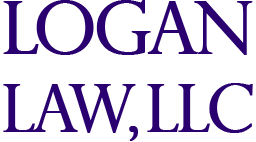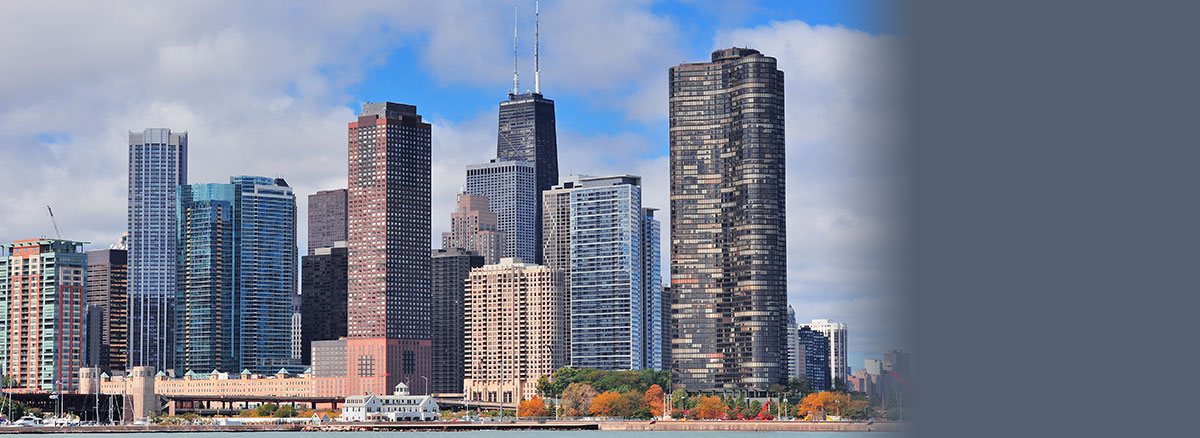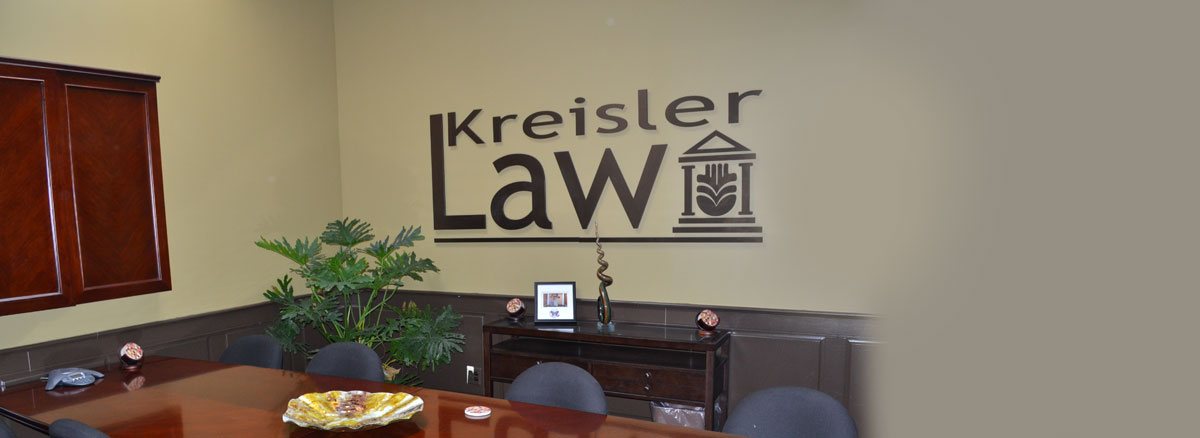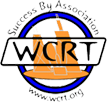
Illinois Condominium Property Act Amended to Empower Emergency Action by Association Boards
The 2014 Appellate Court decision in Palm v 2800 Lake Shore Drive Condominium Association held that discussions of condominium business and taking action on matters at meetings closed to unit owners by a quorum of Association Board members was improper except under very limited circumstances. Effective June 1, 2016, the Illinois Condominium Property Act (ICPA) has been amended to clarify the power of an Illinois Association Board to take action in emergency situations.
A new section 18(a) 21 has been added to the ICPA to cover this situation. The new section specifically provides that “The intent of adding this paragraph (21) is to empower and support boards to act in emergencies”.
The new section permits the Board to ratify and confirm actions of board members taken in response to an emergency. The section requires that within seven business days of the occurrence of an emergency event, board members give notice to unit owners of the occurrence of the emergency as well as a general description of the actions to address the event.
Logan Law, LLC condominium attorneys have represented Illinois condominium associations for forty five years and have a depth of experience and knowledge of Illinois condominium law. Feel free to contact a Logan Law, LLC attorney whenever you need an attorney experienced in condominium or community association law.
What Condominium Association Information is Available to an Illinois Condominium Buyer?
There are risks to buying a condominium in an existing condominium association, as the financial condition of the association will determine whether future maintenance and replacement needs of the condominium property will require large future special assessments. Because of this, the Illinois legislature created section 22.1 of the Condominium Property Act.
Under section 22.1, a condominium unit purchaser may request and the seller must obtain from the condominium board copies of the declaration and by laws and any rules and regulations and information about any pending lawsuits or judgments, as well as the following:
1. A statement of any liens, including a statement of the account of the unit being purchased setting forth the amounts of unpaid assessments and other charges.
2. A statement of any capital expenditures anticipated by the association within the current or succeeding two fiscal years.
3. A statement of the status and amount of any reserve for replacement fund and any portion of such fund earmarked for any specified project by the Board.
4. A copy of the statement of financial condition of the association for the last fiscal year for which such statement is available.
5. A statement setting forth what insurance coverage is provided for all unit owners by the association.
Feel free to contact an Illinois attorney experienced in handling all aspects of real estate closings for both buyers and sellers at Logan Law, LLC if you have questions about condominium law or the sale of your Chicago area real estate or any other area of the laws governing the purchase or sale of real estate.
The Right of Condominium Unit Owners to Review Association Records
The Illinois Condominium Property Act and the Chicago Condominiums Ordinance require condominium associations to comply with requests of unit owners to review Association records within thirty (30) days of written request for the records. Both laws provide that a wrongful failure or refusal to produce the records will entitle the unit owner to reimbursement of the unit owner’s attorney fees if the unit owner is forced to retain an attorney to obtain access to the records.
The Chicago Ordinance permits the unit owner to inspect the Association’s books and records of account for the previous ten (10) years, including but not limited to itemized and detailed records of all receipts and expenditures. The Ordinance does not require the unit owner to state any purpose in order to obtain access to the records.
In the case of the Illinois Condominium Property Act, records are divided into two categories. The first category, which includes the association’s declaration and by laws, articles of incorporation, meeting minutes and insurance policies, is freely available for inspection by unit owners and does not require that the inquisitive owner state any reason for the request. The right of a unit owner to inspect other documents of the association requires that the unit owner provide the association “a proper purpose” for the inspection. In the case of those other records, the unit owner must submit a written request for the records “stating with particularity the records sought to be examined and a proper purpose for the request”.
Logan Law, LLC condominium attorneys have represented Illinois condominium associations for forty five years and have a depth of experience and knowledge of Illinois condominium law. Feel free to contact a Logan Law, LLC attorney whenever you need an attorney experienced in condominium or community association law.
2015 Changes to the Illinois Condominium Property Act Improve the Rights of Illinois Condominium Associations to Lease Units Obtained in Eviction Proceedings
Several legislative changes have been made in the Illinois Condominium Property Act, effective with the beginning of 2015.
In one important change, an Illinois condominium association’s rights with respect to a unit obtained in an eviction proceeding have been both improved as well as clarified. Under the new rules, an association which obtains possession of a unit in an assessment eviction proceeding has eight months after the month in which the end of the stay of enforcement of the eviction order occurs to lease the unit. The lease of the unit may be as long as 13 months. If the association fails to enter into a lease commencing within the eight month period or if the rents received within the lease period are not sufficient to make the association whole, the association must obtain approval from the eviction court to enter into a new lease or extend an old lease.
The association may, with interim court approvals as noted above, continue to lease the unit until it has collected 100% of past due assessments, statutory interest (at 9% per annum) under the unpaid judgment amount, attorney’s fees and court costs incurred in the eviction action, reasonable expenses necessary to make the unit rentable and finally all new assessments and other proper charges which accrue during the period after the eviction judgment was obtained. The eviction court retains jurisdiction to determine the reasonableness of expenses of re-renting the unit.
If you have any questions about condominium association assessment collection or other aspects of Illinois condominium law, Logan Law, LLC can give you the answer. Feel free to contact Logan Law, LLC at any time.
Illinois Residential Communities Must Now Allow Access to Licensed Process Servers
Effective January 1, 2015, the Illinois legislature has made effective an amendment to the Illinois Code of Civil Procedure requiring that licensed special process servers be given access to the common areas and common elements of residential communities in order to serve legal process (e.g. a summons) on someone who resides in or is known to be located within the community. The new rule applies to Illinois condominium associations, housing cooperatives and other private communities and buildings.
Logan Law, LLC condominium attorneys have represented Illinois condominium associations for forty five years and have a depth of experience and knowledge of Illinois condominium law. Feel free to contact a Logan Law, LLC attorney whenever you need an attorney experienced in condominium or community association law.
2014 Illinois Appellate Court Decision Improves Rights of Illinois Condominium Association to Collect Past Due Assessments of a Foreclosed Condominium Unit
The 2014 decision of the Illinois Appellate Court in 1010 Lake Shore Drive v Deutsche Bank National Trust Company pointed a way to a significant exception to the ordinary rule that an Illinois Condominium Association’s lien for pre-foreclosure assessments is wiped out by a condominium mortgage foreclosure. Until that decision, the only way for a an Illinois Condominium Association to collect any pre-foreclosure assessment arrearage was for it to have initiated an action against the foreclosed unit owner, in which it could collect up to six months’ back assessments plus attorney fees and costs incurred in collection not from the foreclosing lender, but from the first purchaser of the unit other than the foreclosing lender.
The new decision appears to have created a potentially significant opportunity for Illinois condominium associations with units being foreclosed. The lender in that case completed its foreclosure but did not begin to pay assessments which accrued after the completion of the foreclosure. The association eventually sued the lender and sued not just for the two + years assessments which had accrued after the foreclosure was complete but also for all pre-foreclosure assessments due with regard to the unit. The pre-foreclosure assessments totaled approximately 2/3 of what the association claimed.
The Illinois Appellate Court held that since the lender had failed to make any payments after the foreclosure was completed, the pre-foreclosure assessments were not extinguished by the foreclosure and thus the suing association was entitled to a judgment for both the pre- and post-foreclosure assessments regarding the foreclosed unit.
It should be noted that the decision did not make it clear how much a foreclosing lender must be delinquent in post foreclosure assessments for the rule to apply. In the Deutsche Bank case, the post foreclosure arrearage was for more than two years. The question arises as to whether a one month arrearage is sufficient, or six months or a year.
One thing to be learned from the decision is that it is important for an Illinois condominium association, large or small, to make sure that the lender does not have the opportunity to later argue that it didn’t know where to pay assessments or how much was owed, in a belated attempt to create a defense. Thus, it is important the association send regular billings to the lender beginning immediately upon the completion of the foreclosure. It may also be desirable to begin collection proceedings against the foreclosing lender sooner rather than later.
Associations with units delinquent in assessments which are being foreclosed are advised to consult legal counsel in order to make sure they recover the maximum amount of delinquent assessments available in this change area of the law. Feel free to contact a Logan Law, LLC condominium attorney, if you have any questions regarding collection of delinquent condominium assessments or if you need assistance or advice regarding other areas of condominium law.
2014 PALM II Decision Has Changed the Ball Game for Conducting Business by Illinois Condominium Association Boards
The 2014 Appellate Court decision in the long running dispute Of Gary Palm v 2800 Lake Shore Drive Condominium Association will have long lasting and deep effects on the conduct of the Board of Managers of Illinois condominium associations. The decision will change the way most Boards conduct their business. Until Palm, most condominium associations and condominium law attorneys believed that a Board could meet in “closed session” telephonic or in person meetings or e-mail exchanges to discuss association business, so long as no final decisions were made or votes taken.
The Palm decision has turned that belief on its head, by holding that any meeting of a quorum of board members to discuss association business, including by telephone or e-mail, had to be held as an open meeting of the board, with proper advance notice to unit owners. The only exceptions to this rule were the three specific exceptions to the open meeting rule set forth in the Illinois Condominium Property Act, which are meetings:
- To discuss pending or threatened litigation involving the association;
- To consider information regarding the hiring and firing of employees; or
- To discuss rule violations or unpaid assessments.
Association Boards should be sure to consult their legal counsel regarding the rules of the post Palm II “brave new world” and to set up procedures to make sure that they do not run afoul of the law. Feel free to contact an experienced Illinois condominium law attorney at Logan Law, LLC, if you have questions about the Palm II decision or any other area of condominium association law.








